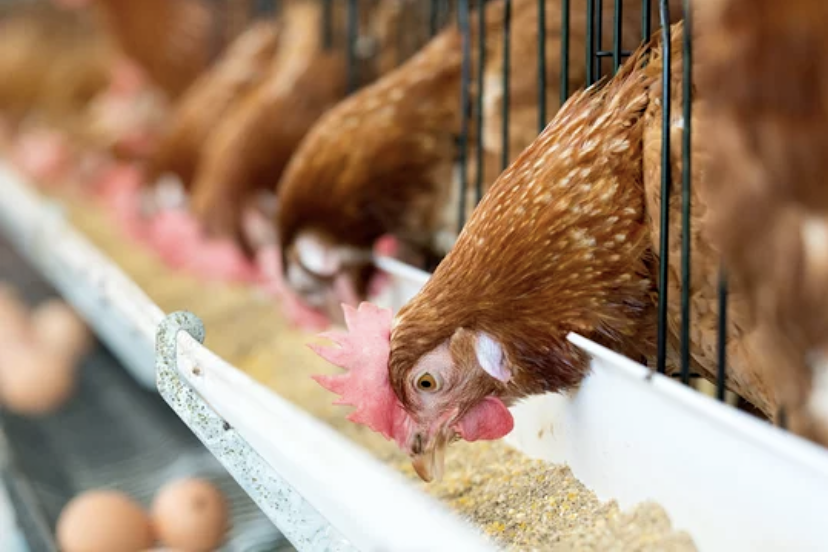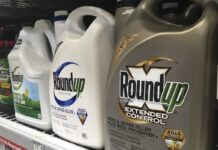
Amid a rise in national bird flu cases, a Georgia lawmaker is joining other legislators to call for greater protection for the poultry industry.
Two cases of the virus were recently detected in Elbert County, but spread of the flu in that area has since believed to be contained.
U.S. Sen. Jon Ossoff, D-GA, among other lawmakers, is urging decisive action to safeguard Georgia’s egg producers and protect families purchasing groceries in the state.
Ossoff has joined a bipartisan effort urging the U.S. Department of Agriculture (USDA) to bolster resources and collaborate with Georgia’s egg industry to combat the ongoing outbreak of highly pathogenic avian influenza (HPAI), also known as bird flu.
“The United States is now entering the fourth year of an outbreak of HPAI that has devastated farms, required the depopulation of more than 136 million birds on commercial poultry operations, and infected a small but growing number of farm workers,” Ossoff and a group of lawmakers wrote in their appeal. “A new urgency is required from the USDA to address the evolving situation.”
Georgia, the nation’s top poultry producer, has already felt the impact. A 2022 USDA report noted that three-quarters of Georgia’s counties are involved in poultry production, which employs over 88,000 residents and contributes more than $28 billion annually to the state’s economy. In 2025, the Georgia Department of Agriculture confirmed the first cases of bird flu at two commercial poultry facilities in Elbert County, marking a worrying development for local producers.
Ossoff has long been an advocate for Georgia’s farmers, having recently pushed for federal assistance to help farmers affected by Hurricane Helene.
In December 2024, he successfully fought for a bipartisan disaster relief package that included $21 billion in agricultural funding to support farmers in Georgia and nationwide. This package also allocated $10 billion in economic assistance to help farmers cope with challenging market conditions, rising costs, and cheap imports.







